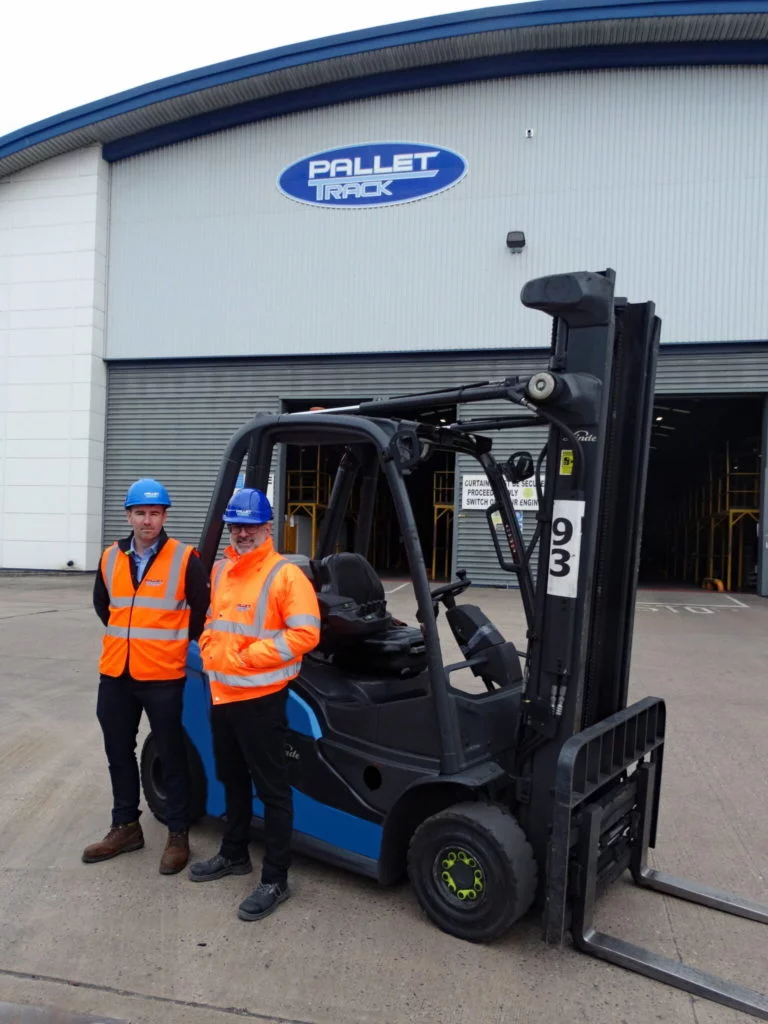Pursuing its growth and development, ZeKat Group has launched a €4m investment project over two years to develop a multi-protocol mobile logistic platform. This gateway will integrate an open software architecture allowing remote management of embedded algorithms to ensure globalised logistics monitoring.
Since its creation in 2015, ZeKat Group has continuously grown to become a reference in IoT technologies and a leading mechatronics equipment manufacturer. The Group promotes French sovereignty in terms of design and production, particularly in the Defence, Industry and Agriculture sectors. For this last sector, the group has created a dedicated brand, IoF (for Internet of Fields), and launched a collaborative research project to develop an open and innovative technological ecosystem. With an investment of €1.2m, this project is dedicated to locally embedded artificial intelligence applications for the deployment of à la carte decision support tools in agriculture, as close to the data as possible (edge computing).
During the past few months, the Covid-19 crisis has brought to light a new paradigm: global demand is becoming unpredictable with changes in consumer behaviour, the activity of manufacturers is sometimes slowed down by health measures, and warehouses can be quickly congested or underused. Supply chain players therefore need, more than ever, visibility into pending orders, the state of production or stocks. In the meantime IoT paves the way for unprecedented levels of visibility, control and business intelligence which help to improve productivity and profitability.
Pursuing its commitment to create open and specialised ecosystems in specific sectors, ZeKat Group has decided to step up its presence in the logistics sector by developing a first dedicated brand, IoL (Internet of Logistics), which will combine all its knowledges and build specific offers. By associating the expertise of four of its subsidiaries, the group will develop a universal mobile IoT platform for logistics monitoring based on an intelligent gateway – a modular and open hardware and software platform allowing the integration of specific intelligence to support logistics decisions – and a device management platform.
This one will allow to manage the deployment of new services, remotely, by creating a digital twin and to deploy distributed intelligence models. The IoT platform must be able to combine several long-range (5G, LTE-M1 / NB-IoT, satellite IoT) and short-range (BLE, WiFi) communication networks and provide a guarantee of non-alteration based on the integration of blockchain elements.
This project, supported by the French Stimulus Plan, should enable France to position itself as a Global ecosystem in the development of secure IoT solutions to support major changes in the global supply chain. To do this, it wants to work with several major players in logistics and create a consortium of manufacturers. Its objectives will be to test, develop and promote the solution as soon as the pre-series are produced. This consortium will have to share a certain number of communication and data exchange requirements and validate them through the publication of a repository to promote a sovereign French solution that can be used by multiple actors.
These developments will be based on Ercogener’s 40 years of experience, a subsidiary of the ZeKat Group active in accurate geolocation (centimetre guidance), in the management of vehicle fleets (optimisation of fuel consumption) or in global logistics monitoring but also on the expertise of another subsidiary of the group, eRTOSgener, a specialist in embedded intelligence. The solution will be industrialised in France within AZKEDIA, which has an electronic solutions production site in Saumur.
Finally, this solution will be directly applied to the group’s new activity. Its subsidiary ZK-Systems produces containers that must travel from Saumur to their place of installation in Mali, without suffering major shocks under penalty of equipment breakage or theft of equipment during their journey. The containers are sent by truck to the port of Le Havre then by boat to Tanger then Dakar and finally by truck to Bamako.















